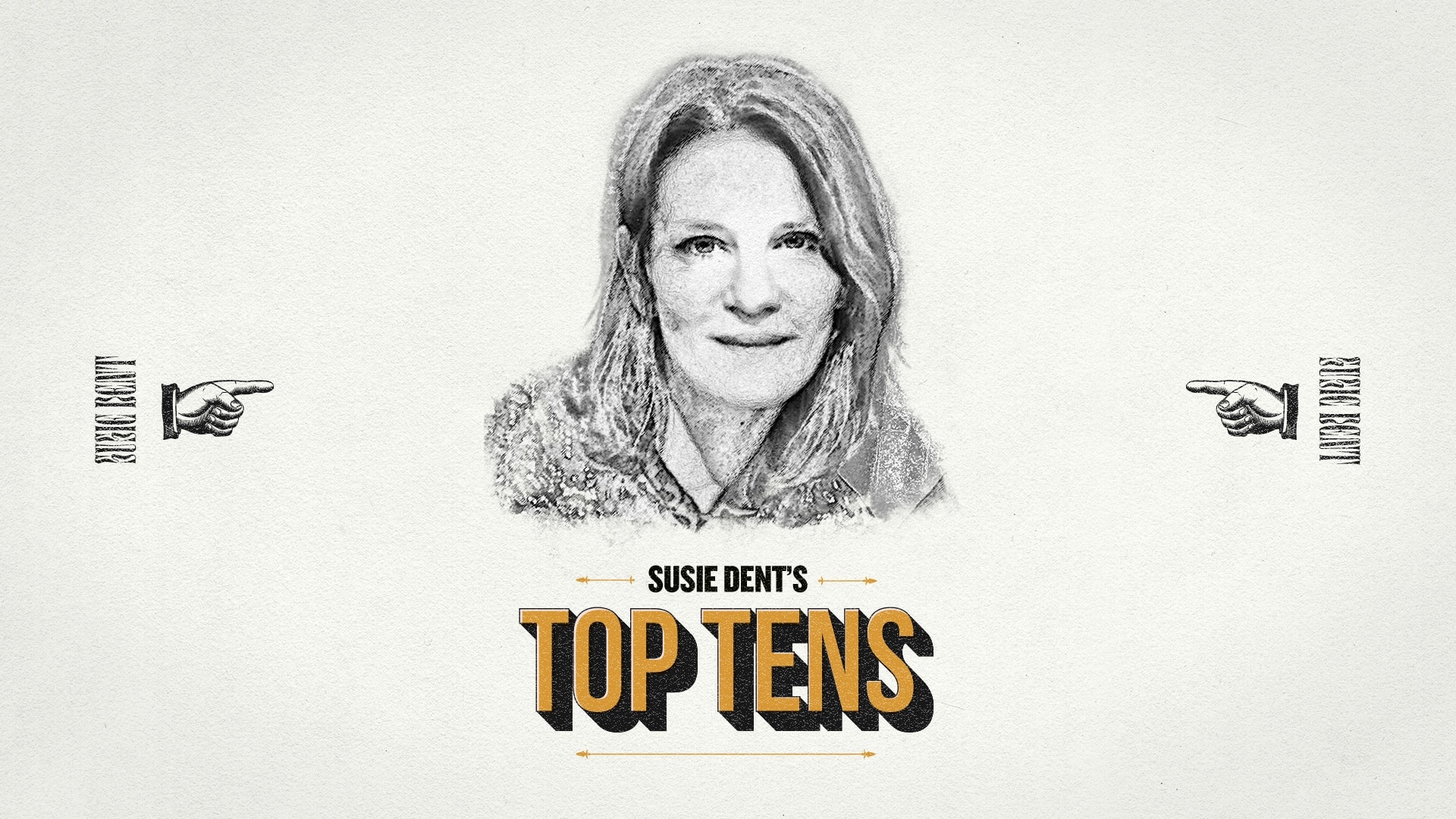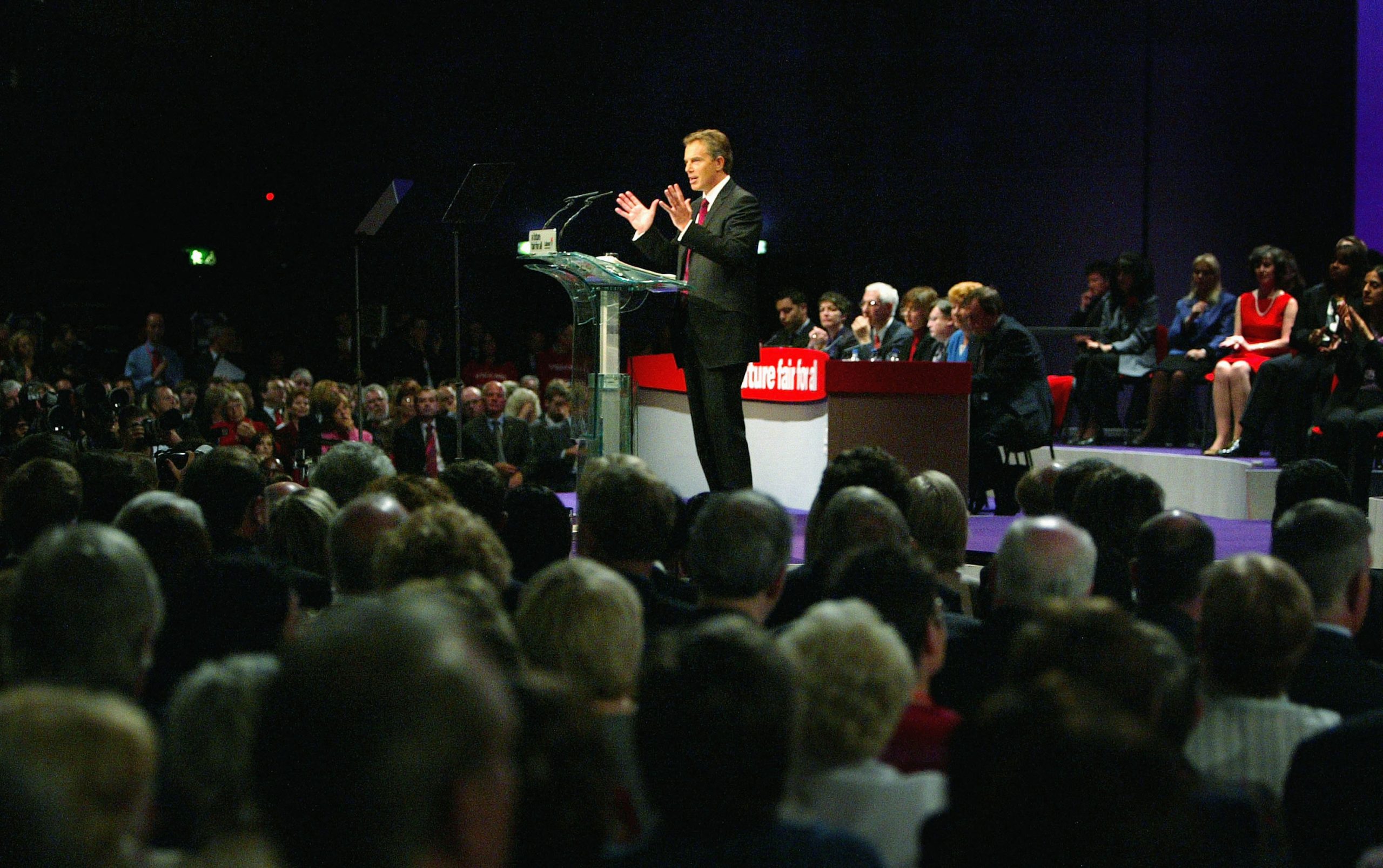
Susie Dent and her dictionary take a dim view of politics and government. For every term describing good systems, there are ten or more describing the opposite. The epithets for honourable politicians, similarly, are few and far between – look for the corrupt and dishonourable variety, however, and you will be spoilt for choice.
With a fair wind, and if time is on your side, you can still find a (fairly) balanced set of entries in the lexicon with which to articulate the various styles of government and the individuals within them. Some may seem more illusory than others, but the fact that they even exist is somehow reassuring.
kakistocracy
To start with the dark side, ‘kakistocracy’ is the word you need to describe the very worst kind of government. It is based upon the Greek κάκιστος, ‘worst’, and –κρατία, ‘rule’. It joins many other useful –cracies in the dictionary. An aristocracy, originally, was rule by the best (-aristo) of citizens, while a boobocracy is a government of boobs, aka fools.
ochlocracy
This word, on the other hand, describes government by the populace – only not in a democratic sense, for the Greek ‘ochlo-’ means the crowd. Which means that ochlocracy is, essentially, mob rule. Social media anyone?

eunomy
Of course, what we all want is ‘good law, well administered’: the Oxford English Dictionary’s definition of ‘eunomy’, which was coined in the 18th century. It combines the eu of ‘euphony’ (good sound) and euphemism (speaking fairly) with –nomo, ‘relating to law’. There exists an opposite, inevitably, in dysnomy, which describes a bad and poorly governed system of law.
onefold
To be aefauld or ‘onefold’, a millennium ago, was to be free from duplicity, full of integrity, and sincere, honest, and faithful. A onefold government would be the best of all possible worlds.
empleomania
It is rather inexplicable that this word from the 19th century ever fell out of use. Put simply, empleomania is the manic desire to hold public office, no matter what the cost.
snollygoster
On to the individuals involved in any of these administrations, and ‘snollygoster’ is surely one of the best. Described in the dictionary as a ‘shrewd, unprincipled person, especially in politics’, it offers a highly useful name for someone who pursues office entirely for their own gain rather than anyone else’s.

throttlebottom
There is something so comical and wobbly about ‘throttlebottom’ that it’s hard to see anything bad in it. Nonetheless, this word describes a thoroughly incompetent and bumbling person in a public role, and crossed over into general use from the musical comedy Of Thee I Sing, in which the Vice-Presidential candidate Alexander Throttlebottom is of so little importance that no one can quite remember who he is.
corumpent
In the 14th century, anyone who behaved fraudulently in public life would have been called ‘corrumpent’, from the Latin cor, ‘altogether’, and rumpere, ‘to break or destroy’. These were the breakers of laws they themselves helped to install, thereby making those laws utterly meaningless.
stiffrump
It seems as though every institution has at least one stiffrump. This term from the 18th century describes a haughty individual who obstinately refuses to budge, no matter how hard they are pushed.
logocracy
The final –cracy in this list, ‘logocracy’ is surely one of the best. It describes a community or system of government in which words are the ruling powers. Provided everyone uses the right dictionary, I’m voting for that.
Want to hear more from Susie about the infinitely bizarre and fascinating world of language? She’s speaking to the top brass of British comedy and entertainment about just that, and it’s all free to listen to here on whynow.




